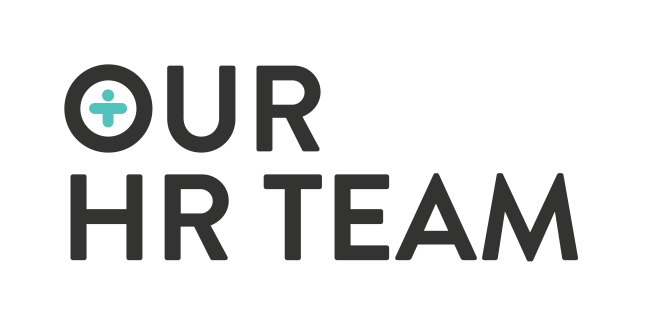By Kylie Lynam | Director

Essentially, a Zombie Agreement is an Enterprise Agreement made prior to 01 January 2010. They are agreements that were not subject to the ‘better off overall test’ against Modern Awards that are now in existence.
The Fair Work Legislation Amendment (Secure jobs, Better Pay) Act 2022 has amended the FW Act to automatically terminate agreement related instruments made prior to the commencement of the Fairwork Act 2009 and this means that any ‘zombie’ agreement will automatically be sunset on 7 December 2023 unless an application is made to extend or replace them.
If your business is impacted, you will need to do the following:
Employers who are covered by a ‘zombie’ agreement, must provide affected employees with written notice on or before 6 June 2023 informing them that:
They are covered by a ‘Zombie’ Agreement; and
The ‘Zombie’ Agreement will automatically terminate on 7 December 2023, unless a request is made to extend the agreement; and
The sunsetting process commenced on 7 December 2022.
Failing to issue a notice informing employees about the termination of their zombie agreement can attract fines of up to $16,500.
If you need any assistance with drafting a letter to employees or understanding the requirements for bargaining or new enterprise agreements, do not hesitate to get in touch on 1300 1 OUR HR (68 747).

